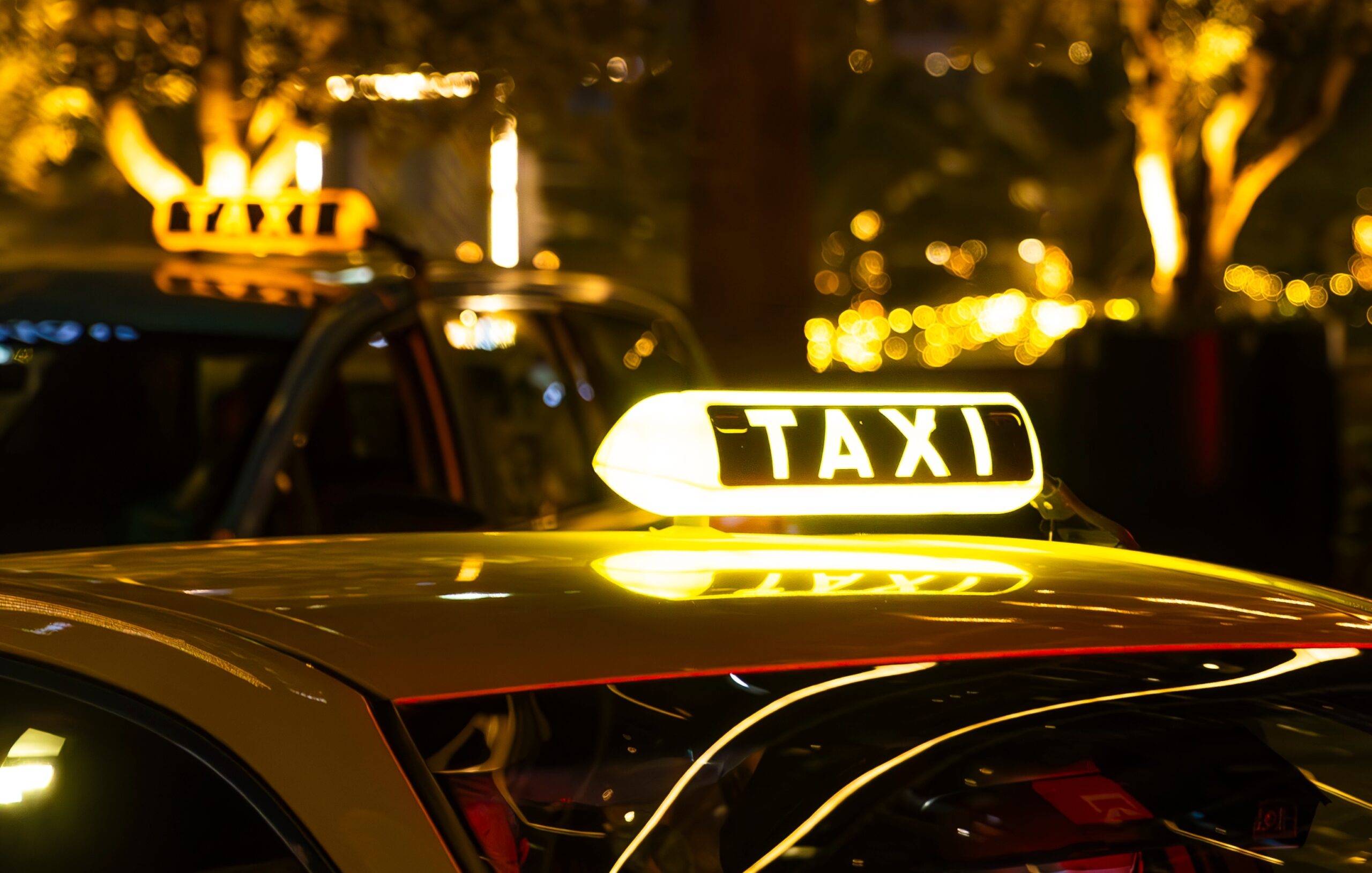
If you need to get somewhere in Chicago fast, you might choose a taxi. They know the streets better than many, but their ability to get you to your destination quickly can sometimes have consequences. For example, if you’re a driver who gets into an accident with a taxi, you might find that handling the claim is different. The results can be even more devastating for pedestrians and cyclists. Even being a passenger in a taxi-related accident can have consequences on your health. Liability and fault play a huge part, but determining who is liable can prove to be complicated.
Fault and Taxi Accidents in Chicago
Determining who was at fault in a taxi accident can be even more complex than other collisions. Many factors are at play:
- Is the driver self-employed or does he work for a cab company?
- How many other vehicles were involved?
- Did the taxi driver cause the accident due to recklessness or negligence?
- Did a faulty car part in the taxi play a role in the accident?
- Were the roads properly maintained?
- Was anyone injured or killed in the accident?
As with most types of collisions, taxi accidents require an investigation to prove fault and determine liability. The answers to the above questions can help determine fault. Chicago’s modified comparative negligence rules apply to taxi accidents as well. That means that one or more parties involved can be found to be partially at fault. For example, the driver ahead of the taxi is texting and doesn’t see a sudden stop ahead, slamming on his brakes. The taxi driver, however, is speeding, and doesn’t have enough time to stop before rear ending the other vehicle. Both drivers are at fault, and the investigation will determine how liability is shared between each driver involved.
Determining Fault in Taxi Accidents
In many car accident cases, liability is based on negligence. Proving that someone else – whether that’s the taxi driver or another motorist – was at fault requires an investigation and gathering of evidence. One of the most critical times to gather certain evidence is immediately following the accident, so as long as you aren’t injured, you should call 911 right away. A police report serves as an unbiased piece of evidence in your case, and it may include details that prove that you weren’t at fault. Take photos or videos of the scene, get the contact information of anyone involved, and talk to any potential witness. Of course, if you were injured, you should make your health the top priority and seek medical attention.
Many taxi accident claims are settled out of court because of car insurance companies. Insurance companies will conduct their own investigation and, using the gathered evidence, determine if anyone was negligent. In Chicago, proving evidence requires meeting certain criteria.
- Duty of Care – The at-fault party owed a duty of care to other drivers to follow all traffic laws and practice safe driving.
- Breach of Duty – The at-fault party failed that duty to other drivers, pedestrians, or cyclists.
- Losses – The at-fault party’s breach of duty directly caused injury or property damage to one or more parties.
- Damages – The injured party or parties suffered damages due to the losses such as loss of work, medical costs, property repair bills, etc.
What to Do After a Taxi Accident in Chicago
If you were injured in a Chicago taxi accident, you need the services of a taxi accident attorney to guide you. Because proving that someone else was liable can be a complicated and involved process, a lawyer can serve as your best resource for seeking justice for an accident that wasn’t your fault. The Saperstein Law Group is composed of experienced Chicago-based taxi accident lawyers with a deep understanding of local laws that can protect you after experiencing a devastating accident. Contact us today to set up a free case evaluation with a member of our law team.
